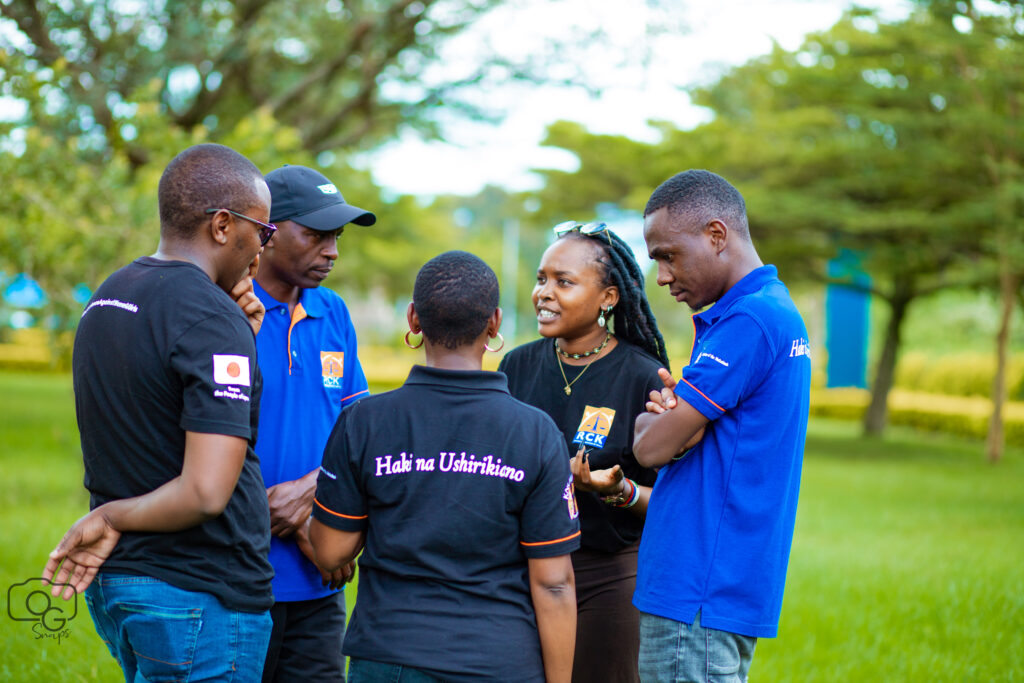World Refugee Day 2025: Supporting Refugee Rights Through Accountable, People-Centred Action
This World Refugee Day, we recognise the resilience of refugees across the world and the commitment of our members to embed accountability and inclusion into their humanitarian and development work.

RCK staff meet together ©RCK/ OG Snaps
This year we spotlight the work of the Refugee Consortium of Kenya (RCK), a long-standing CHS Alliance member, marking their 25th anniversary this year. Working in a national context that hosts over 836,000 refugees and asylum seekers from Somalia, South Sudan, the Democratic Republic of Congo, Ethiopia, and Burundi, RCK plays a critical role in supporting refugee protection through legal aid, policy engagement, and survivor-centred services.
“World Refugee Day reminds us all that our greatest strength lies in collective generosity, resilience, and shared humanity,” says Barlet Colly Jaji, Executive Director of the Refugee Consortium of Kenya (RCK). “At RCK, we promote and protect the dignity, rights and voices of the displaced and host communities by addressing systemic, social and organizational change to establish an inclusive and safe environment for the displaced and host communities to thrive”.

RCK staff celebrate together ©RCK/ OG Snaps
RCK contributed directly to the development of the Refugees Act 2021 and its implementing regulations (finalised in 2024) to ensure a “legal environment where refugees can not only survive but thrive” (Jaji). Alongside government and civil society partners, RCK is also supporting implementation of the Shirika Plan, which transitions refugee assistance in Kenya from encampment to integration within host communities.
However, the challenge of delivery is stark. “Implementing policies requires more resources and governance. There are also tensions between refugees and host communities over scarce resources and opportunities. Addressing these through dialogue and peacebuilding is essential”, says Jaji.
In 2024 alone, RCK assisted over 8,500 clients.
“Our community-led initiatives break down barriers to documentation and inclusion while promoting social justice,” Jaji says. “We also collaborate closely with the judiciary, police, and academic institutions to expand legal aid and protect refugee rights.”
Ensuring that refugee response is people-centred and accountable is not optional. It is fundamental to effective humanitarian action and to meeting international commitments under the Global Compact on Refugees and the Sustainable Development Goals.
It is with this sentiment that RCK notes:
